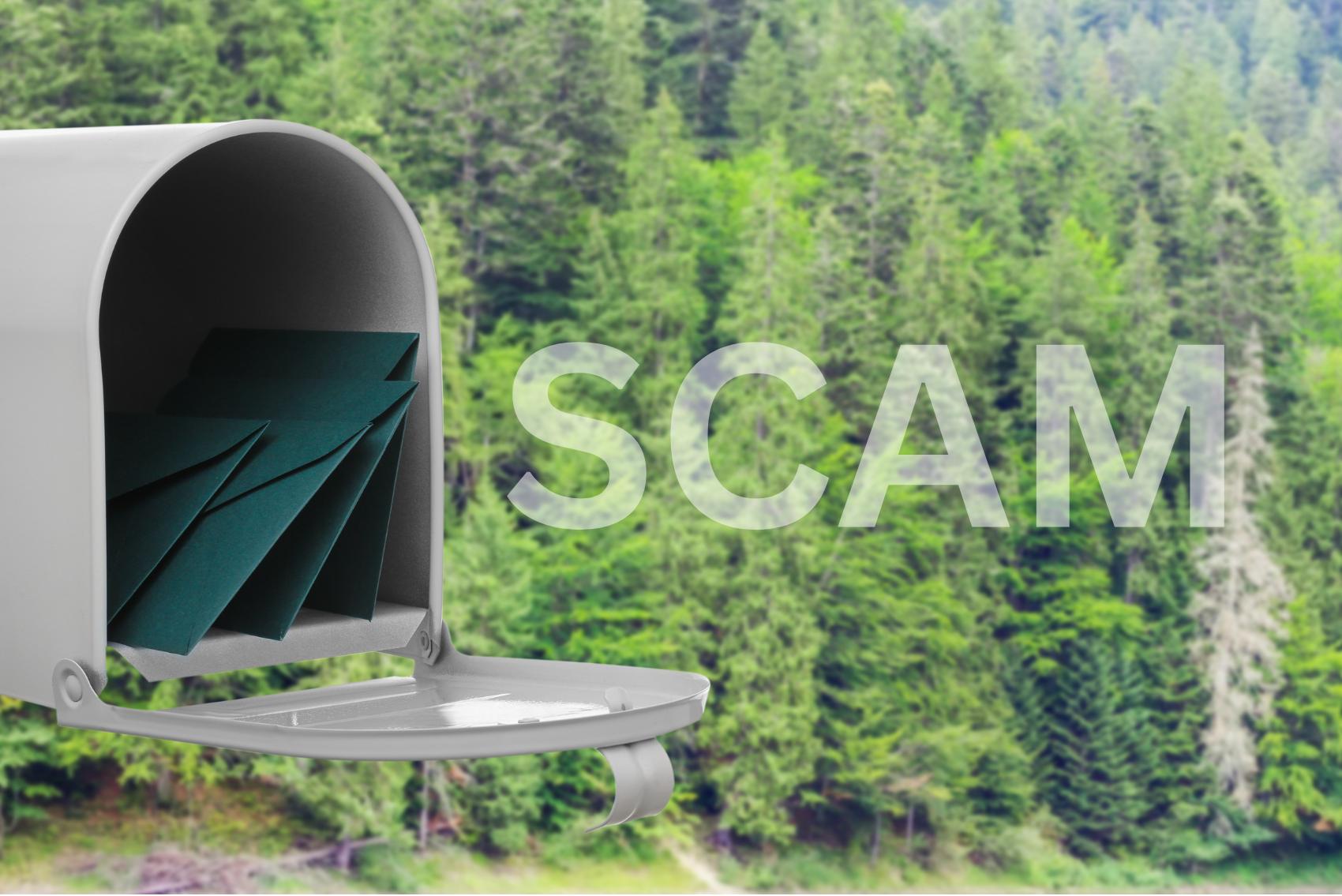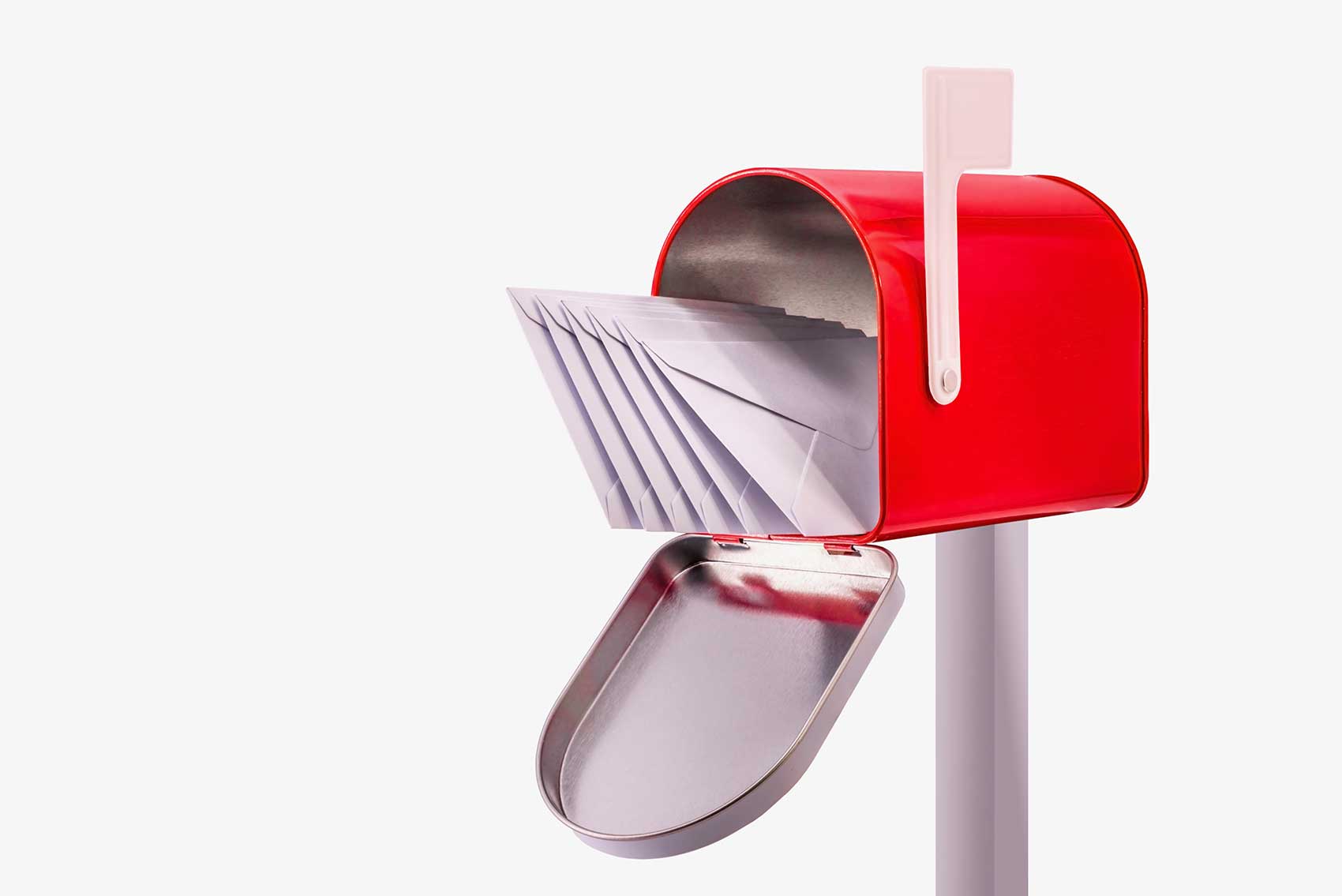Beware of criminals pretending to be WHO
Many financial organizations have reported an increasing amount of phishing events due to COVID-19. Now more than ever, your information is being sought after by fraudsters.
What is phishing? Phishing events are when a fraudster attempts to steal a person’s data, mainly login credentials and card information. Once they obtain this information, they will use it to process fraudulent card transactions or ATM withdrawals.
Examples of recent Phishing Attacks:
- Information is obtained from social media to make the attack even more believable.
- Cardholders receive a phone call or email from the fraudster asking them to log in to their account or for their card number.
- While on the phone, the fraudster may ask for your card information and then perform a transaction they know will generate a fraud alert. Once completed, they will ask for the case number over the phone so that the card can be permanently blocked, but instead, the fraudster will validate the activity as valid a transaction so they can continue to use the card.
BrightStar will never contact a cardholder and ask for the following:
- Account Number/Card Number
- CVV
- PIN
- Passwords
- Social Security Number
- Online Banking Credentials
If you think a fraudster is trying to take advantage of you, delete the email or end the call and dial BrightStar’s number directly to confirm that it is a legitimate representative.


